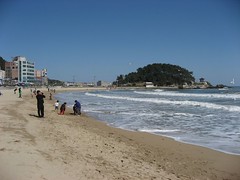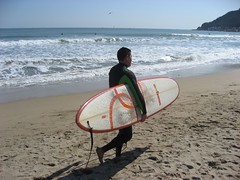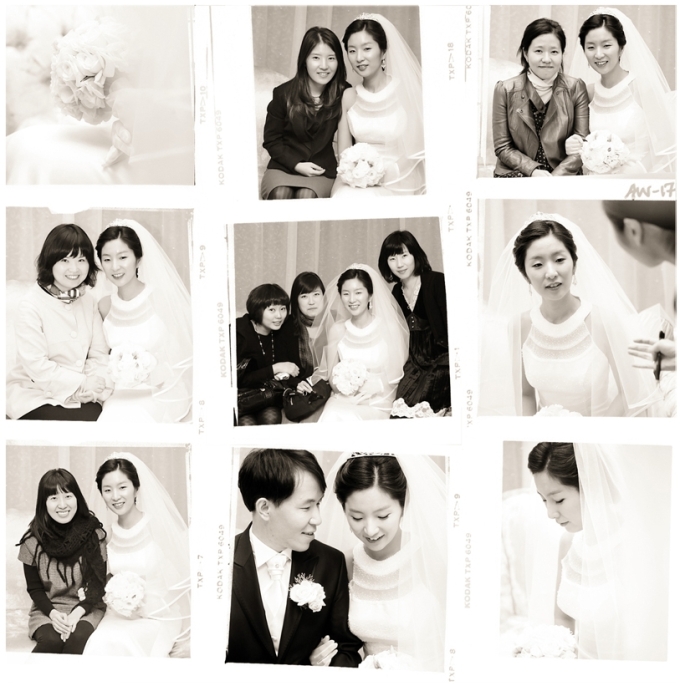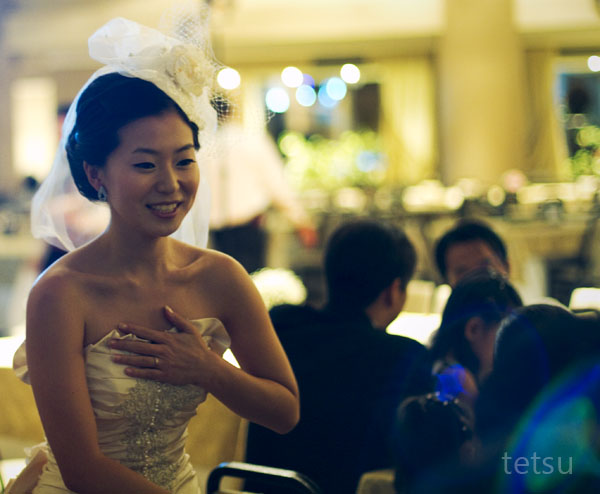
The bulk of my experience with kids dates back to the summers of 1989, ’90, and ’91, when I posted a felt-marker sign advertising babysitting services to the wall of my dad’s grocery store in Waskesiu Lake, Saskatchewan.
‘Responsible and reliable,’ it read. ’Babysitting course-certified. Likes doing crafts.’
I charged three bucks an hour, and, at the very most, took care of four kids at once. I pushed strollers and changed diapers. I built castles at the beach and read stories before bedtime. When it was time to clean up their toys, I practiced the old ‘count to five’ method. It worked: something about the sudden ticking of time always got the tykes moving. I liked kids, but my motives were mostly fiscal: come each September I had squirreled away a few hundred bucks to spend on new clothes for school.
Last month, on a Thursday morning, I stepped into a small mirrored elevator with a tall Korean man called Mr. Wan. It was a short ride after a six-month process rife with research, recruiters, interviews, emails, photos, documents, and consulate calls. On the fourth floor, we walked into the florescent-lit foyer of the Sogang Language Program—a private English school with which I have signed a one-year contract to teach English to kids.
My purpose behind the venture can be boiled down to two main factors: a stubborn stack of debt that has proved intent on growing despite my best efforts to tame it, and a stubborn desire deep within me to return to Asia–a continent I swore I would revisit after leaving Vietnam too soon the winter I was 21.
Behind a long white counter two receptionists answered phones. I vaguely noted the crisp gleam of white walls, and a wide glass door to the right—behind which the teacher’s office turned out to be. But those first few seconds it was the sound that struck me most: an orchestra of high-pitched squeals piercing the air, and the squeak of shoes against tile, little feet inside them racing through the hallways. It was the sound of children.

I teach eight classes a day, 57 kids in total, ranging in age from 5 to 12. They evoke within me extremes of both joy and frustration, a spectrum I anticipated but could not imagine until I experienced my morning class: 80 minutes with a kindergarten group of 12. Five girls. Seven boys. Ages five and six. ”Seven boys!“ a Korean teacher said to me last week. “That’s a tough class.” I nodded, thinking back to the headlock I’d broken up that morning, followed by some yelling and a timeout. That’s right. I’ve had to learn to yell.
The Korean kids are all given English names at school. My kindergarten class has a Bella and a Lucy, a Thomas and a Rain, an Eric and a Julia.

Daniel, a fiery little guy with spiky hair, likes screeching, making paper airplanes, and demolishing his drawing pages in black crayon. There’s also a Jason, who didn’t respond to his name for the first week of class. This made getting his attention when he started wandering around the room or stealing the other kids’ erasers a little tricky.
“Jason!” I would call. “Sit in your seat!” No response. “Jason!” Nothing. “JASON. SIT IN YOUR SEAT.” Finally, kneeling on the floor, clutching both his hands, peering deep into his dark brown eyes, and pointing to the chair, I could make him understand. He would SIT! For 9 seconds. Now, I simply start counting to five.

The classrooms at SLP are named after American Ivy League colleges: my Kindergarten class is in Cornell. Cornell can sing the alphabet song and count to 16. They can spell C-a-t and D-o-g and name every colour mentioned in “Brown bear, Brown bear, What do you See?” They can write their English names and say “Teacher, may I go to the bathroom please?”—a question they collectively ask approximately 17 times per class. “Yes, you may,” I say, over and over until finally lining them up for one big break and leading them in a single-file train down the hall.
The Cornell kids are also precise and thorough pencil sharpeners. They cruise on up to the big silver sharpener that sits on my desk and spend a solid three minutes turning and turning the handle, getting the point just right. The skill comes in handy, because after returning to their seat and writing a Big B and a little b, they somehow break the pencil tip and need to resharpen.
Cornell is a new class, but relationships are starting to form. Emily was concerned when Bella left class early with a fever. Daniel and Jason share a mutual interest in disrupting storytime with a box of toy blocks. And Sally and Ryan, who’ve been seated next to each other for the last week, seem to have hit it off. They came back from a water break holding hands, and yesterday I noticed they coloured their duck pictures in the exact same shades.

The Korean kids have style. The girls accesorize with headbands, bows, and patterned tights. The boys wear ties and oversized grey blazers most days, snappy duds for kids who are still learning how to tie their shoes.



But sometimes they rock out a different look: Thomas, Bella, and Sally expressed their inner chef last week for cooking class.


Some days, at the end of class, I reward the kids with stickers. I call them up in pairs to the wall where their sticker pages are posted, and hold out a small sheet for them to choose from.
“Rain,” I’ll say, ”and Lucy, two stickers for you today!” They run to look, carefully examining their options, then slowly peel each sticker off, holding it up on the tip of their finger. Lisa, Cornell’s Korean teacher, posted the pages a little too high, so the kids can’t quite reach them to stick their stickers on. They try anyway, jumping on tippy-toes, stretching their arms as high as they can, little sunshines or cars or smiley faces stuck to their fingertips. “I’ll help you!” I say, plucking a sticker from their finger and adding it to their growing collection. ”You were so good today.”
















 RSS Feed
RSS Feed







































































Recent comments